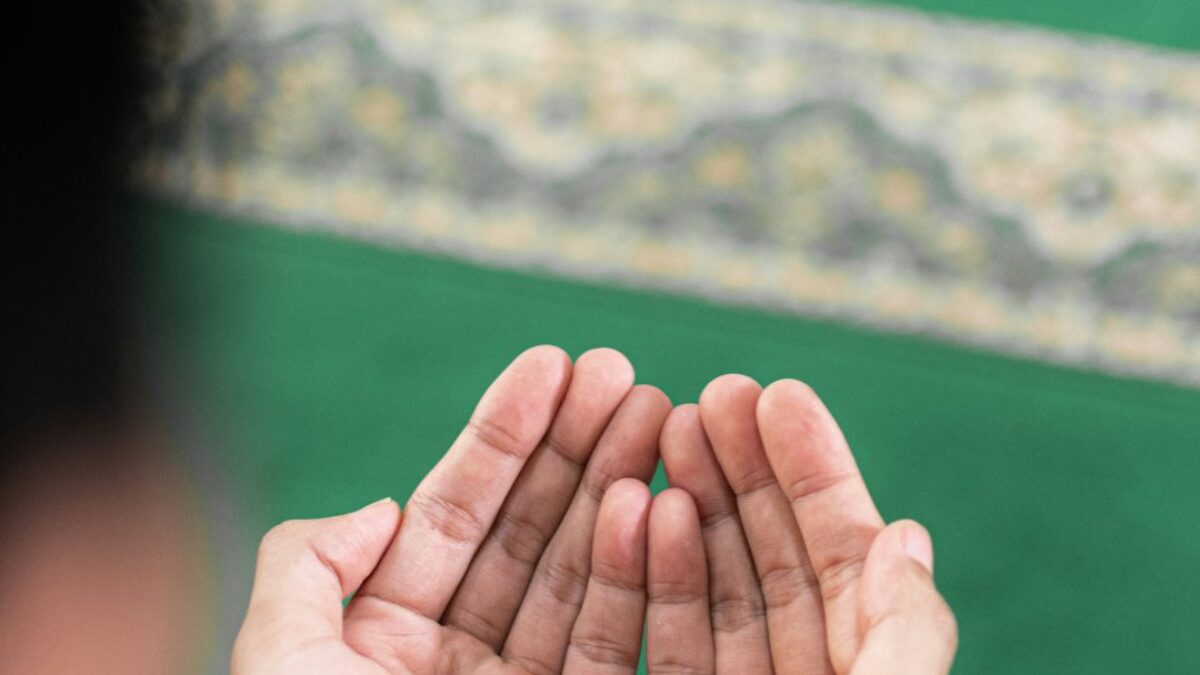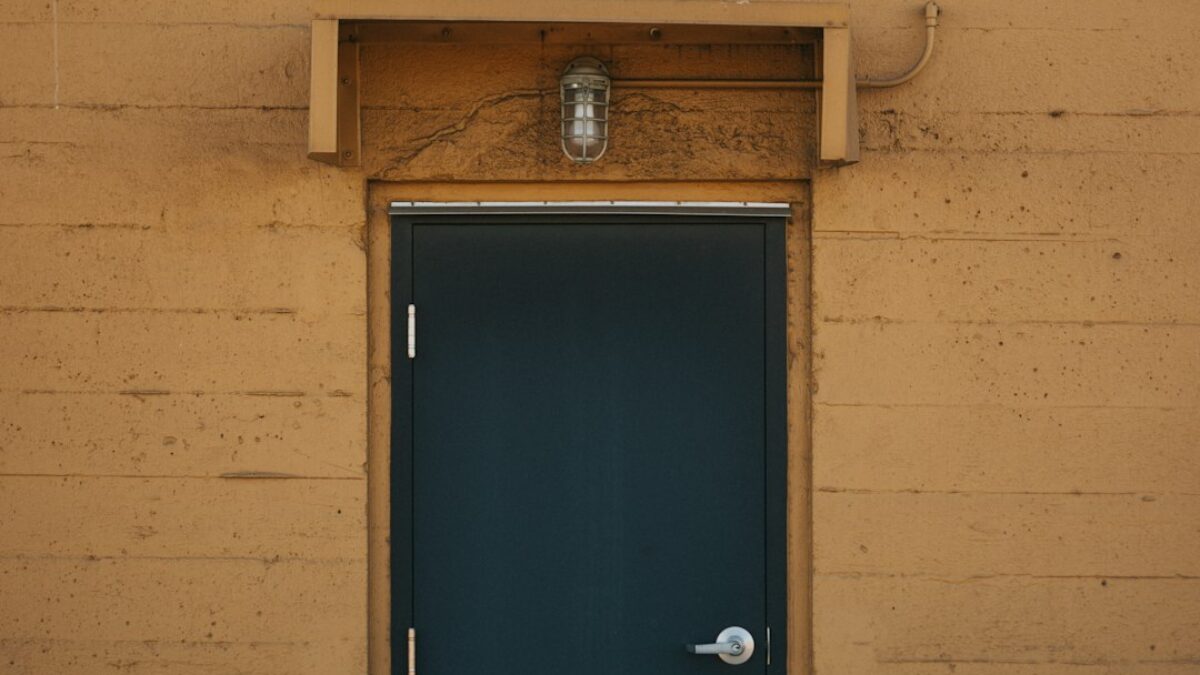Embarking on the journey of Islam is both exhilarating and challenging. One of the first—and most spiritually enriching—steps for every new Muslim is learning the daily supplications (adʿiyah) that accompany every moment of life. From the instant you open your eyes at dawn to the second you rest your head at night, Islam offers a concise yet profound collection of duas that cultivate mindfulness, gratitude, and connection with Allah. This guide presents essential Islamic supplications every new Muslim must know, complete with practical audio tips so you can hear, memorize, and apply them with confidence.
Understanding Daily Duas in Islam
Definition and Linguistic Roots
The Arabic word duʿāʾ literally means “calling” or “invocation.” In Islamic terminology, it is an earnest appeal to Allah for guidance, mercy, forgiveness, or provision. Unlike the ritual prayer (ṣalāh) which is bound by specific timings and physical movements, dua is intimate conversation with your Creator that can occur at any time, in any language, and in any circumstance.
Role in the Life of a New Muslim
For converts, dua serves as a linguistic bridge connecting past habits to newfound faith. Reciting prescribed daily duas:
- Provides structure amid the overwhelming influx of new rituals.
- Increases Arabic vocabulary and familiarity with Quranic phrases.
- Reinforces tawḥīd (the oneness of Allah) in practical moments.
- Offers immediate spiritual comfort when facing isolation, family push-back, or cultural adjustment.
Key Components of Essential Daily Duas
Core Themes Across Daily Supplications
While each dua is unique, four overarching themes emerge:
- Praise (ḥamd) – recognizing Allah’s attributes before making a request.
- Seeking protection (istiʿādhah) – asking refuge from harm seen and unseen.
- Gratitude (shukr) – expressing thankfulness for everyday blessings.
- Seeking forgiveness (istighfār) – maintaining humility and spiritual hygiene.
Authentic Sources
Every dua in this article is drawn from the Qur’an and rigorously authenticated aḥādīth in Ṣaḥīḥ al-Bukhārī, Ṣaḥīḥ Muslim, Abū Dāwūd, and at-Tirmidhī. This ensures theological soundness and consistency with mainstream Sunni scholarship.
Audio Learning Tips
To accelerate memorization, pair each dua with audio:
- Use the YouTube channel “Learn Quranic Arabic” for slow, tajwīd-correct recitations.
- Download the Dua & Azkar app (iOS/Android) which loops audio offline.
- Create a personal playlist: 5–7 minutes each morning, repeated during commute.
- Practice shadowing: speak simultaneously with the reciter to fine-tune pronunciation.
Essential Morning & Evening Duas
Upon Waking
Arabic:
Al-ḥamdu lillāhi alladhī aḥyāā baʿda mā amātanā wa-ilayhi an-nushūr.
Translation: All praise is for Allah who gave us life after having taken it from us, and to Him is the resurrection.
Reference: Ṣaḥīḥ al-Bukhārī 6324
Audio cue: Listen to Mishary Rashid Alafasy’s 4-second clip; note the elongation on an-nushūr.
Morning & Evening Adhkar (after Fajr & after ʿAṣr)
Recite the following three times each:
- Ayat al-Kursī (Qur’an 2:255) – protection until evening.
- Sūrah al-Ikhlāṣ, al-Falaq, and an-Nās – collectively known as al-Muʿawwidhāt.
- Bismillāhi alladhī lā yaḍurru maʿa ismihi shay’un fil-arḍi wa-lā fis-samāʾ – “In the name of Allah with whose name nothing on earth or in heaven can harm.”
Duas for Worship: Before & After Salah
Adhan & Iqamah
When you hear the adhan, repeat each phrase softly after the muezzin, ending with:
Wa anā ash-hadu an lā ilāha illallāh waḥdahu lā sharīka lah, wa anna Muḥammadan ʿabduhu wa rasūluh, raḍītu billāhi rabban, wa bil-Islāmi dīnan, wa bi-Muḥammadin nabiyyan.
Audio tip: Download the “Masjid Adhan” app to practice in real-time with a live adhan feed.
Between the Takbīr and Fātiḥah in Salah
New Muslims often feel tongue-tied here. Start with the concise opening dua:
Subḥānaka allāhumma wa bi-ḥamdik, wa tabāraka ismuk, wa taʿālā jadduk, wa lā ilāha ghayruk.
After Salah
The Prophet ﷺ said, “Whoever glorifies Allah 33 times, praises Him 33 times, and declares His greatness 33 times after every prayer, will have his sins forgiven even if they are like the foam of the sea.” (Muslim 597)
Formula:
- 33× Subḥānallāh
- 33× Al-ḥamdu lillāh
- 34× Allāhu akbar
Duas for Eating, Drinking & Sleeping
Before Eating
Bismillāh – simple yet transformative. If forgotten mid-meal, say:
Bismillāhi awwalihi wa ākhirih.
After Eating
Al-ḥamdu lillāhi alladhī aṭʿamanā wa saqāā wa jaʿalanā min al-muslimī.
Audio tip: Use the “Daily Duas for Kids” video; the catchy melody helps retention.
Upon Entering the Home
Bismillāhi walajnā, wa bismillāhi kharajnā, wa ʿalā rabbinā ta-wakkalnā.
Before Sleep
Perform wudūʾ, lie on your right side, and recite:
- Āyat al-Kursī
- Last two verses of Sūrah al-Baqarah (2:285–286)
- Sūrah al-Ikhlāṣ, al-Falaq, and an-Nās (blow into palms and wipe over body)
Duas for Travel, Dressing & Bathroom Etiquette
When Leaving the House
Bismillāhi tawakkaltu ʿalallāh, wa lā ḥawla wa lā quwwata illā billāh.
Benefit: Recorded in Abu Dawud; angels reply, “You have been guided, sufficed, and protected.”
While Driving or Boarding Transport
Subḥāna alladhī sakhkhara lanā hādhā wa mā kunnā lahu muqrinī, wa innā ilā rabbinā la-munqalibū.
When Dressing
Al-ḥamdu lillāhi alladhī kasāī hādhā ath-thawb wa razaqanīhi min ghayri ḥawlin minnī wa lā quwwah.
Entering & Exiting the Bathroom
- Entering: Allāhumma innī aʿūdhu bika min al-khubuthi wal-khabāʾith.
- Exiting: Ghufrānaka.
Benefits and Importance
Psychological Well-Being
Recent studies in cognitive-behavioral psychology suggest that repeating short, positive affirmations reduces cortisol levels. Islamic duas, rooted in divine revelation, offer the same neurological benefits while simultaneously elevating the soul.
Social Integration
Knowing common duas allows new Muslims to participate immediately in communal gatherings. Reciting the same phrases as born Muslims builds bridges and reduces the “outsider” feeling.
Reward Multipliers
| Dua | Times Recited | Reward |
|---|---|---|
| “Subḥānallāh wa bi-ḥamdih” | 100× morning & evening | Equivalent to freeing 100 slaves |
| “La ilāha illallāh waḥdah…” | 100× daily | Sins forgiven even if like ocean foam |
| “Allāhumma anta ṣ-ṣamad” after wudūʾ | Once | Eight gates of Paradise opened |
Practical Applications
Building a 30-Day Memorization Plan
- Week 1: Focus on morning/evening adhkar and duas for waking/sleeping.
- Week 2: Add pre/post-eating and bathroom duas.
- Week 3: Integrate travel, dressing, and entering/leaving home.
- Week 4: Master the longer Quranic duas (Ayat al-Kursī, Baqarah 285-286).
Using Smart Technology
- IFTTT automation: “When I turn off my morning alarm, play adhkar audio.”
- Google Home Routine: Say “Hey Google, morning dua” to trigger a playlist.
- Apple Shortcuts: Create a “Bedtime” scene that dims lights and recites sleeping duas.
Sticking When Life Gets Hectic
Set three daily alarms labeled “Gratitude,” “Protection,” and “Forgiveness.” Each alarm contains the corresponding dua text in your notification, so even if you cannot recite aloud, you can read and internalize.
Frequently Asked Questions
What if I mispronounce Arabic words—are my duas still accepted?
Answer: The Prophet ﷺ said, “Allah does not look at your forms or your wealth; rather He looks at your hearts and your deeds.” (Muslim 2564) While striving for correct pronunciation is praiseworthy,
























Post Comment